Troubleshooting Common Pump Noises
Something must be amiss when a pump starts making more noise than usual.
Something must be amiss when a pump starts making more noise than usual. Pumps are supposed to do their job relatively quietly in the background. It’s a sign they need maintenance or repair when they get loud.
Here is a breakdown of what those noises might mean and how to quiet them:
Hissing or airy sound–air in the system
If the pump makes hissing noises or sounds full of air, it probably has air trapped within it. Check for leaks in the suction side of the pump to stop the airy noise. Tighten connections and install an air release valve to give the trapped air an escape route from the pump.
Gurgling or bubbling–cavitation
The gurgling sound happens when the pump isn’t getting enough fluid and begins to act up. The impeller spins too fast and creates vapor bubbles. When those bubbles collapse, the pump makes a gurgling or popping sound.
The solution is to slow the pump down. Reduce the pump’s speed and check if the suction pipe is the right size. Also, the fluid level should be high enough to feed the pump adequately.
Grinding or rattling–something caught in the pump
A grinding or rattling noise might mean there’s debris caught in the pump or, worse, the bearings are wearing out. Turn the pump off and take a look inside. If there’s any debris, get rid of it. If the bearings are the issue, it’s probably a good time for a replacement.
Humming–electrical issues
Electrical issues can be why a pump is humming but not pumping. For example, the problem could be with a capacitor or the motor itself. Unfortunately, if the issue is electrical, there isn’t much DIY can do about it. This is a job for a professional. Electrical issues can be tricky and dangerous, so call in an expert to take a look.
Squealing or screeching–belt tension
The drive might be too tight or loose if the pump is screeching or squealing. Check and adjust the belt tension while following the manufacturer’s specifications so it’s neither too much nor too little.
Preventative measures
Strange noises can be concerning, but they’re also avoidable with prevention. Maintenance is primary prevention. Check-ups keep the pump running properly.
Still, maintenance isn’t the only preventative measure. One must install the pump correctly from the get-go. Proper alignment and setup will prevent strange noise in the future.
Home and business owners should also get familiar with the pump and understand how it’s supposed to operate. Knowing what is normal makes it easier to spot what isn’t promptly.
No strange pump noises
Pumps shouldn’t be loud. A little troubleshooting and maintenance can keep the pump working quietly. Call a professional for assistance and advice if there’s any doubt or a serious problem.
Pump Repair Services provides residential and commercial pump repair services for water well pumps, water feature pumps, transfer pumps, industrial irrigation pumps, and more, as well as custom water filtration services in the Orlando area. (Sorry, no pool pumps or sewer pumps.) We offer 24-hour emergency service. Call us at (407) 625-5499.

